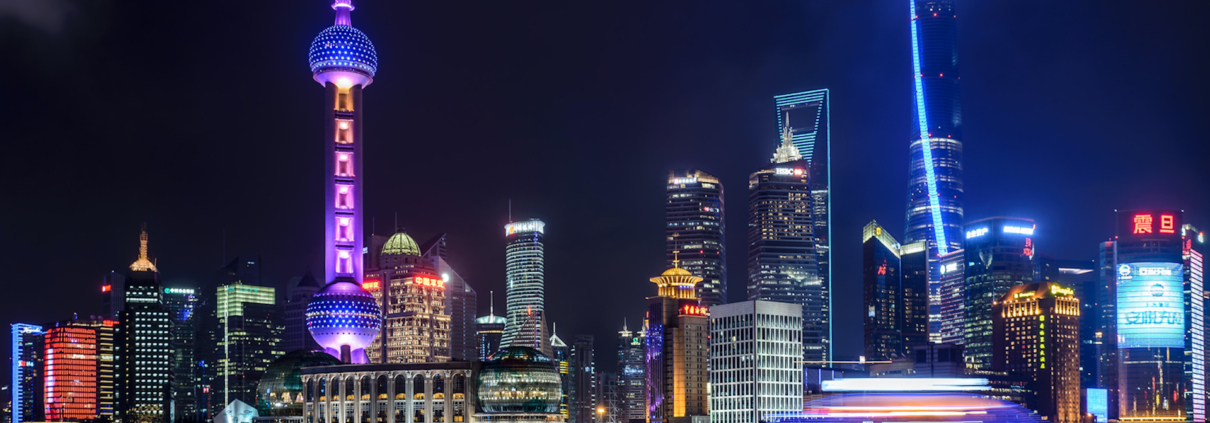Whenever I hear reports of China cracking down on something — which has been often in recent years — my mind races back to a quote by Jack Ma: “Among the richest men in China, few have good endings”. Jack Ma, the Founder of Alibaba, and one of the richest in China, is the last person you’d expect to say such words, which are as sharp as swords. Yet he did. Along with many other statements, including the one where he publicly berated the government, its financial regulators, and the central banks, for their roles in his company’s struggles.
China soon put the brakes on his company’s much-touted IPO. Jack Ma, the poster boy of China’s rising digital transformation, became the public enemy overnight. The billionaire disappeared for months without leaving a trace. So, in other words, Jack Ma was made an example of, to keep the other, less-influential entrepreneurs and businesspersons in line. I can’t help but wonder, in light of the latest reports on China’s tech crackdown, what its ulterior motives are — because when it comes to the CCP, there is always more to its actions than meets the eye.
All guns blazing on tech
China boasts a sizable aggregate demand. So, it offers a vast playing field for digital aggregators like Uber. But such Western players exited the market as soon as they entered, selling their operations to Chinese rivals. Uber sold its operations to DiDi. This move was in line with China’s strategies that favour homegrown companies. However, following geopolitical shifts in the world, and an increasing pivot to non-kinetic warfare, China has had a change of heart.
Its latest, ongoing crackdown is now aimed at aggregators like DiDi, which it once favoured. China is going all guns blazing on Meituan, Alibaba, and Tencent, among other local tech giants. By one estimate(1), this has come at a cost of $1.5 trillion, which the government regards as collateral damage in pursuit of a greater cause. The last time I checked, DiDi’s stocks were down 6.5%. And Tencent’s WeChat (China’s WhatsApp equivalent) has stopped new registrations. But the government maintains that its “data-security” crackdown will last six more months. So, if Meituan’s shares fell 25% in just a month after the crackdown, one can only imagine where it is headed in the coming months. But, as I mentioned earlier, we need to look beneath the surface to understand why China is willing to risk such collateral damage?
The big picture: Technological hegemony
Simply put, China does not like consumer-facing technology. And, if a few experts are to be believed, it does not like the control that the aforementioned local tech giants are gaining by the day; it does not want a Jack Ma repeat. Alternately, China believes that these tech giants are drawing too many resources and too much manpower, at the expense of its core interests, such as semiconductors, batteries, robotics, and advanced materials, which are mostly State-controlled. It likens “tech consumerism” to Westernization, and hence counterproductive to its interests. But why isn’t China censoring them altogether, considering it can? That is the catch: It doesn’t want to censor them; it wants better control — because if the government understands something, it is that technology, in a colossal market like China, can be weaponized if needed.
Big Data is set to rule the roost in the future. By one estimate(2), China is expected to hold a third of the world’s data by 2025. Meanwhile, tech companies in the Western world are losing out on data due to the rising antitrust wave. And as these power dynamics play out, China could soon emerge as a clear winner — which spells trouble for many countries, particularly the US and India.
The Western economies and few factions in India are too caught up with their antitrust crusade against big techs like Google and Facebook that they are oblivious to what’s happening in China. My concern is not with their crusade — I’m all for halting Big Tech’s control — but with their lack of concern towards China’s brazen crackdown on transparency and free speech. In fact, there are reports of antitrust crusaders in the West rejoicing over China’s tech crackdown. I believe these people are missing the forest for the trees.
We need to triage our fights; concentrate on what is most pressing and alarming. If anything, China has issued a clarion call with its latest crackdown, and the sooner the rest of the world takes stock of it, the better.



